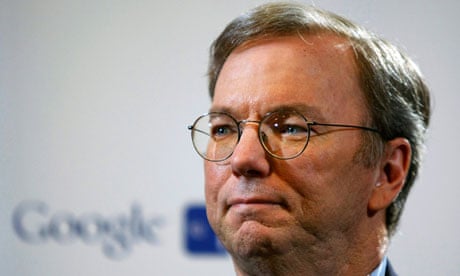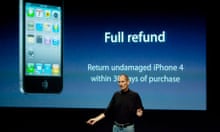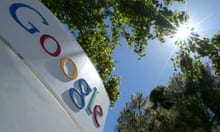The internet giants Google and Verizon are reportedly close to a deal that could bring an end to "net neutrality", allowing the telecoms company to prioritise the order and speed in which it delivers content to users.
The two companies have been in talks over net neutrality – the unwritten edict of the internet which puts all content on a level playing field – for around 10 months, but a deal could be struck within days according to a source said to be close to the negotiations by AP.
Such a deal would mean the information superhighway may be about to get a lot faster for those willing to pay. YouTube, owned by Google, for example, would pay a charge to an internet service provider (ISP) in return for its content being fast-tracked to consumers.
Internet users would be likely to have to pay more for premium services from ISPs looking to make a greater return on expensive investments in broadband networks.
Speaking at the Mobile World Congress in February this year, Eric Schmidt, Google chairman and chief executive, appeared to rule out the prospect of paying for priority access to consumers.
"Google defines net neutrality in the following way: if you have a content category like video we want to make sure that the operator does not favour one video [provider] over another because that would then allow the operator to pick winners in the category," he said. "Imagine a situation where the operator also owned a TV network and discriminated in favour of that TV programming against the other choices. That would not be seen as fair."
Asked whether Google itself would pay, he replied: "The answer is, we wouldn't."
The US Federal Communications Commission is holding long-running talks with major broadband providers and content creators in the US – including Google and Verizon – with the aim of coming to an agreement on the future delivery of online content and services.
Julius Genachowski, the FCC chair, is seeking to adopt guidelines that would ensure telecoms companies provide equal treatment of traffic travelling over the networks.
A deal between Google and Verizon could severely undermine FCC attempts at settling the issue.
Google has consistently expressed a desire to keep "an open internet". In a statement submitted to the FCC hearing earlier this year, the company laid down its support for "a non-discrimination principle that bans prioritising internet traffic based on the ownership (the who), the source (the what) of the content or application".
Consumer advocate groups have reacted angrily to news of a potential Google–Verizon deal. Gigi Sohn, president of Public Knowledge, told the New York Times: "The point of a network neutrality rule is to prevent big companies from dividing the Internet between them. The fate of the internet is too large a matter to be decided by negotiations involving two companies, even companies as big as Verizon and Google."




Comments (…)
Sign in or create your Guardian account to join the discussion